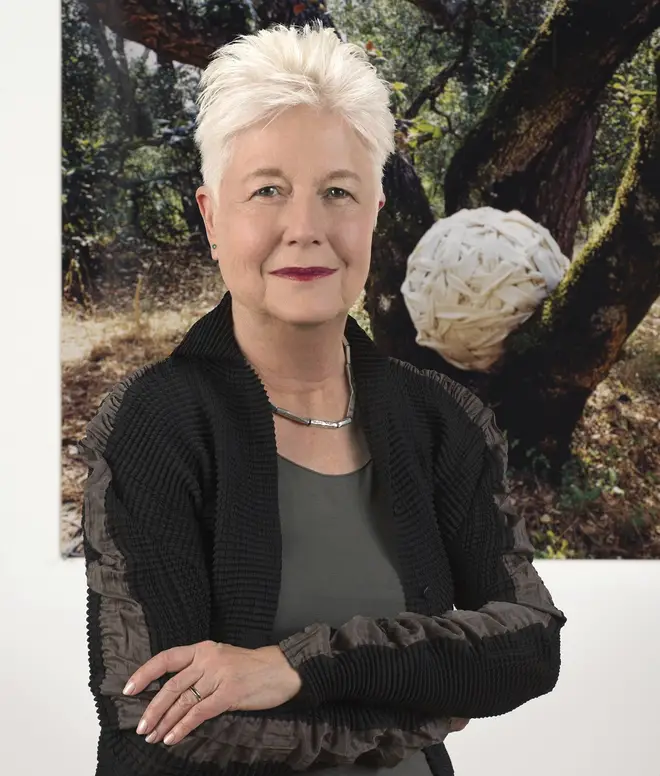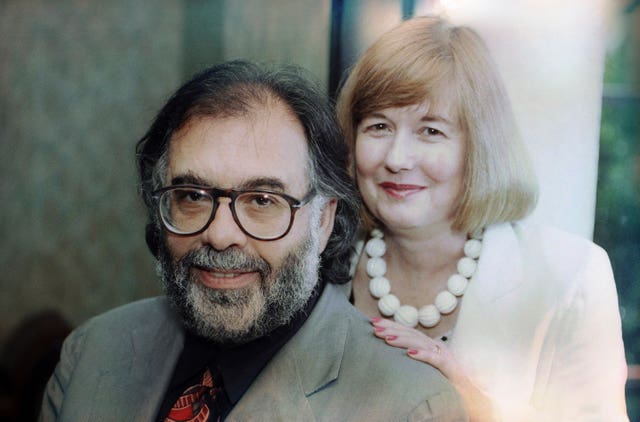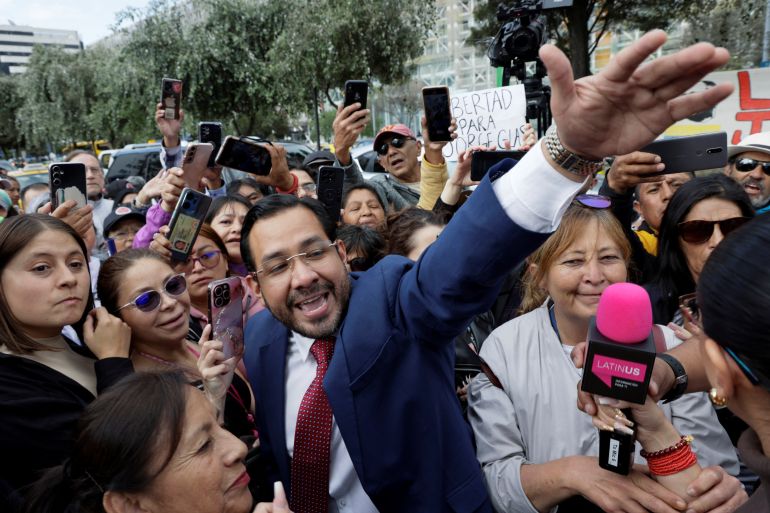Justice and the Red Queen Effect-Rabbi Marc Katz
EXCERPT
Like many of you, despite all the warning signs, I never thought Roe v Wade would be overturned. That battle was fought and won long before my birth. I had underestimated the forces pushing against women’s choice. It was matter of fact, a story concluded. Settled law. There could be no part two.
Then, in what felt like a blink of an eye – though in hindsight was decades of steady erosion– that protection was gone. The hard-fought progress so many had sacrificed for was walked back. And the more I thought about it, the more I realized, I was to blame.
Now before going on, I want to say that there are and have always been activists and voices working tirelessly to preserve reproductive rights. In the secular world we have Planned Parenthood, NARAL, and the Center for Reproductive Rights. In the Jewish world we have the National Council of Jewish Women and the Religious Action Center of Reform Judaism, among others. They were not blindsided by this. Their battle for women’s health is a daily endeavor. They knew that the story of Roe v Wade was forever in formation.
But they are the exception. Most people who care about abortion access have a list of other social justice issues that also keep them up at night. And in a world where so much cries out for our attention, a story that seems settled and a battle that appears won, gives us permission to turn our attention to something else.
Part of the reason many of us paid more attention to other issues over these years was because preserving the status quo can feel unexciting, even monotonous. When I used to take kids to lobbying with the Religious Action Center it was always so much more fun to march into the office of a congressperson who didn’t agree with our position and try to change their minds than to write a heartfelt thank you to someone who already did. When the latter happened, I always thought, “I drove four hours to Washington when a simple thank you card would have sufficed.”
What I didn’t realize at the time, and what Roe v Wade taught me, is that you often have to push harder to keep things stable in part because your status quo is the other side’s fight. To return to the story we began with, Mahlah, Noah, Hoglah, Milcah, and Tirzah weren’t stewing in anger after God’s ruling, but their male contemporaries certainly were.
In evolutionary biology this phenomenon has a name. It’s called the Red Queen Hypothesis and it’s named after a famous scene in Lewis Caroll’s Through the Looking Glass, his sequel to Alice in Wonderland. There, Alice meets the Red Queen. As they begin running, Alice notes her surprise that she’s growing tired from running but going nowhere:
"Well, in our country," said Alice, still panting a little, "you'd generally get to somewhere else—if you run very fast for a long time, as we've been doing."
"A slow sort of country!" said the Queen. "Now, here, you see, it takes all the running you can do, to keep in the same place. If you want to get somewhere else, you must run at least twice as fast as that!"
This short scene was taken by evolutionary biologists Leigh Van Valen in 1973, to explain the idea species go extinct if they stop evolving. Since predator and prey are always trying to get an edge on one another their only way to stay in the same place is to keep changing. Standing still actually means going backward. Running forward keeps you in the same place, evolutionarily speaking. And only radical leaps forward, like humanity's growth in brain size or bipedal locomotion, actually puts one at an advantage.
Although it’s not used in politics, I feel like the Red Queen Hypothesis is just as applicable. Most of the time, if we want things to stay the same we have to run fast. If we take our attention away from those things that matter to us, we will go backward. It may be exhausting but we can never stop moving.
I worry that as it relates to Roe v Wade, our collective mistake was that we stopped running.
And I worry, that if I don’t take to heart what I’ve learned here, some other hard-fought battles that also feel settled will go the same way.
There is little questions LGBTQ rights could be next. Although I got to New Jersey well after same sex marriage became legal in 2013, I’ve heard stories about how galvanized the TNT community was about it. Cantor Greenberg has told me with pride what it meant to her to travel down to Trenton, often multiple times a month, to lobby and give testimony. We were the daughters of Zelophehad, marching into the halls of power and demanding change. We were organized, thoughtful, passionate. And then we won.
And although we have had no shortage of LBGTQ themed events, services, and speakers, whenever I have been in a room brainstorming about what issues we should add to our social justice agenda, which topics need our finger on the scale in order to effect change, no one has suggested getting involved in LGBTQ advocacy. It feels like a finished fight.
But like reproductive rights, it is not. After Roe v Wade fell, many in this country made it clear that their next battle would be walking back wins by the LGBTQ community. And I promise, they are organizing with the fervor and passion that we did a decade ago.
The same is true for countless other issues. Whether it’s voting rights, which seemed settled in the 1960s or the clean air act of the 1970s, or even Holocaust education which is mandated in school but enforced less today than when it first passed, there are plenty of examples of times where it is at our peril to stand still.
Even segregation is beginning to creep back in. In recent years, New Jersey has quietly found itself with the 6th most segregated schools in the nation. In 1989, 4.8% of schools were considered highly segregated meaning 90% white or conversely 90% non-white. By 2010 that number was 8%. Now some estimates put it upwards of 20%. In some locales this change is an accident of demographic changes but in others it is a product of deliberate decisions on the part of the leadership to split towns into smaller units keeping their locales as homogeneous as possible.
It is easy for long past advances to slip away. But I want to suggest a few tools to protect those things that matter most to you, whatever they are. If we are deliberate in our actions, we won’t lose sight today of how to protect the status quo.
First, if there is an issue that matters to you and you do not want to see it change, you have to find a way to keep it fresh in the minds of others. There is something fun about being involved in change. Marches, rallies, phone banking are galvanizing. So why not keep doing them even after achieving your goal. But now instead of marches and rallies being about what you want to win, they become reminders of what it might mean to lose your gains.




 Protesters call for the release of former Vice President Jorge Glas in Quito, Ecuador, on April 12 [Karen Toro/Reuters]
Protesters call for the release of former Vice President Jorge Glas in Quito, Ecuador, on April 12 [Karen Toro/Reuters]





